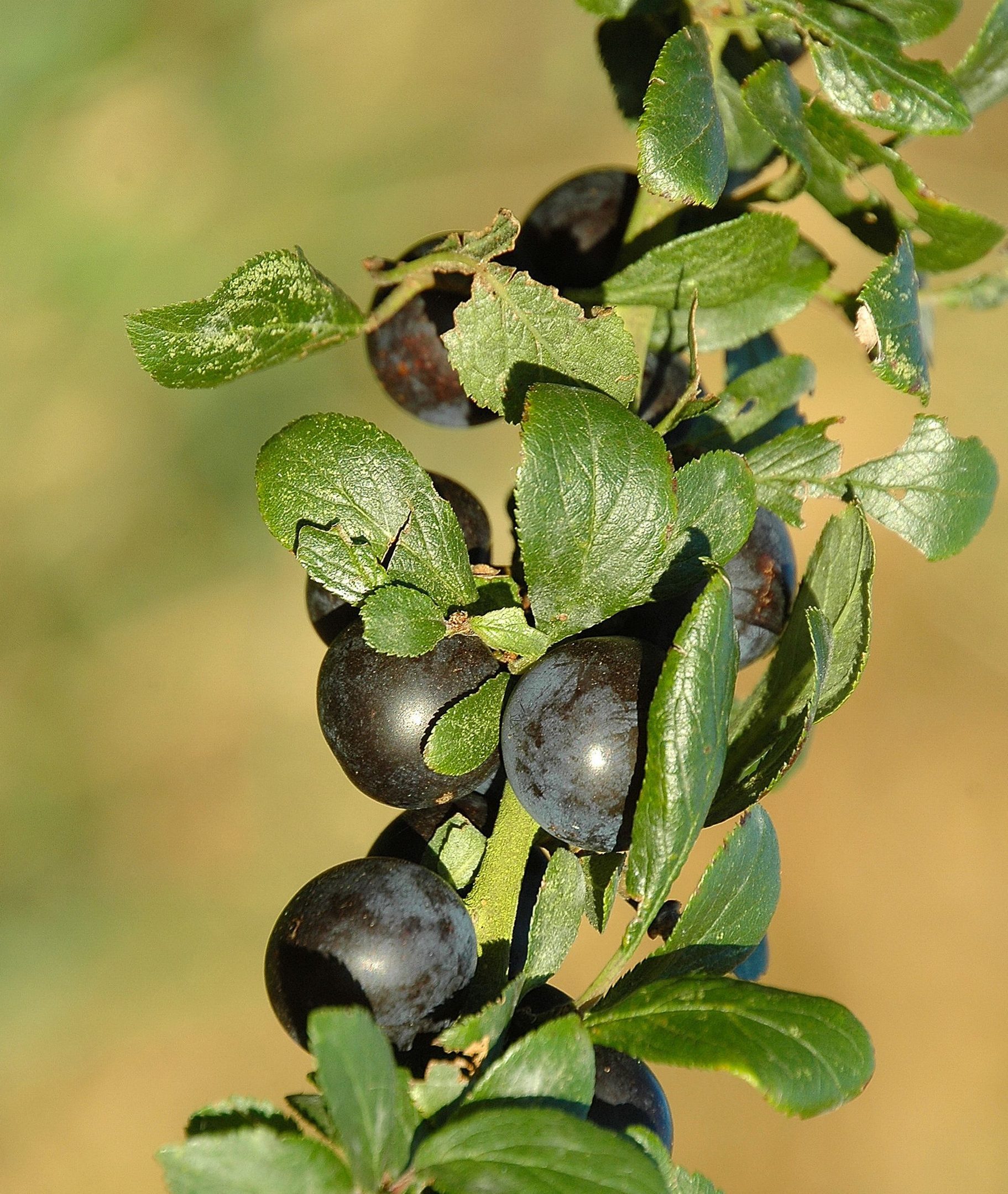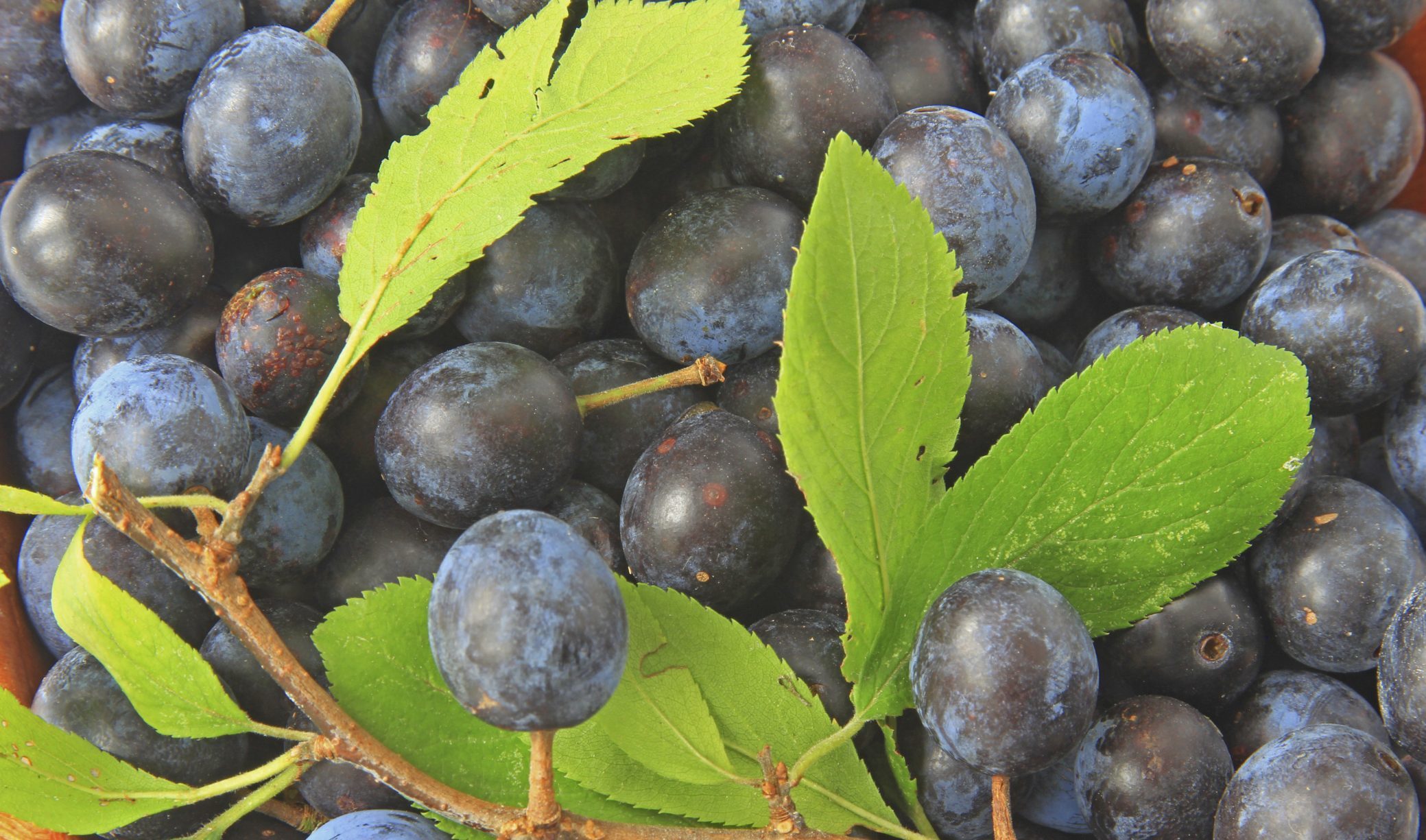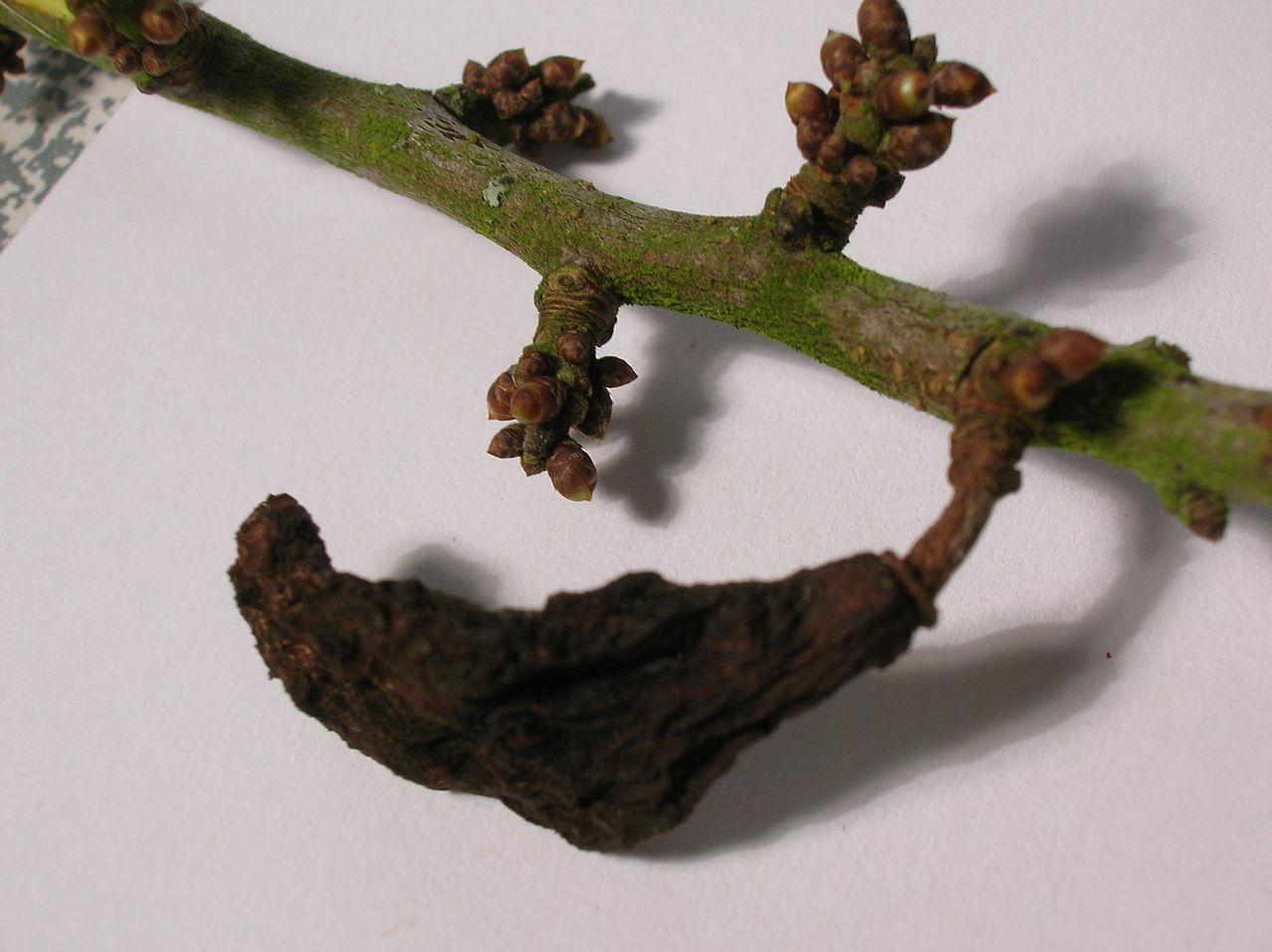Britain could face a “gin drought” this winter because of Scotland’s poor harvest of sloe berries.
Traditional ‘sloe gin’ is a red liqueur made with gin and sloe, a small, stoned fruit, which is a relative of the plum.
But the outbreak of a fungus which destroys the distinctive purple berries has led to a dearth of sloe berries and producers are struggling to make the drink.
Gin is estimated to be worth £1.76bn to the UK economy and about 70% of it is produced in Scotland.
It is also a growing industry in with 49 new distilleries opening in 2015, 11 of them in Scotland, where sloe gin is a warming traditional winter beverage.
The Gin Bothy, an artisan gin distillery at Kirriemuir, has put a sign outside its premises pleading for anyone withe sloe berries to come forward, with the promise of gin in return.
The Bothy said the only way it could produce enough sloe gin would be to import the berries.
Owner Kim Cameron, said: “We source our berries locally and we’re usually surrounded by sloes on the farm, but we haven’t had enough to make sloe gin this year.
“We’re hoping that they come back. Where the berries are has always been a bit of a secret but I do have a team of mostly elderly people who know where to look in the hedgerows. We want to encourage people to come forward if they have sloe gin berries.”
Liz Crossley-Davies, operations manager at the Bothy, added: “Currently, we couldn’t consistently supply sloe gin on a commercial level, unless we imported over from France. That’s one thing we don’t want to do.
“The hedgerows here used to be full of sloes, now they are still there, but they are more sporadic.”

George Anderson, of the Woodland Trust, said a fungus called Taphrina pruni was probably the main cause of the drought.
He said: “October is traditionally the month the berries are harvested but many foragers will be disappointed when they visit their usual spots.
“The culprit is a fungus called Taphrina pruni which causes a condition known as pocket plum.
“This leads to strange distorted fruit forming on plums, damsons, and sloes. It stops a stone from forming and the fruit never ripens. The ‘pocket plum’ name comes from the fact that the infected berry often ends up the shape of a shallow cup.
“I forage around Edinburgh and East Lothian myself and I would say the sloe harvest is over 80% down on usual.
“It is possible that weather conditions early in the year may have given the fungus a boost in 2016. Cold and damp conditions when the trees are in blossom allow it to take hold.”











